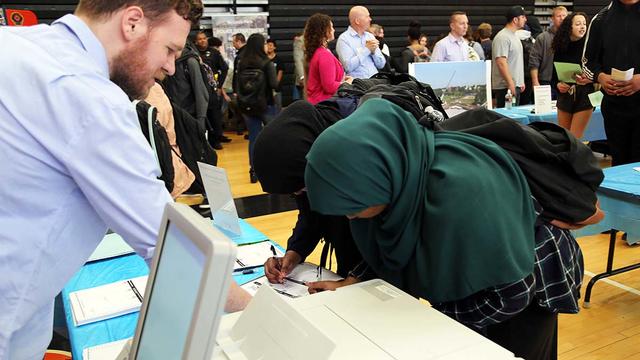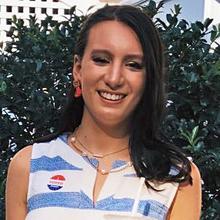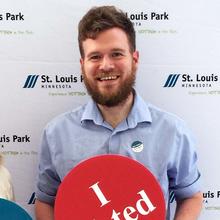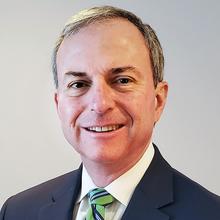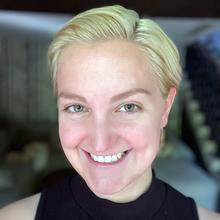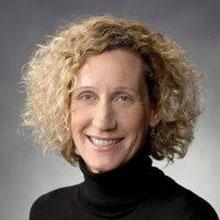The 2020 election cycle brought unprecedented concerns about voting to the forefront, with the COVID-19 pandemic requiring extensive changes to voting procedures across the country, and questions about security and fraud still lingering months after the outcomes were decided.
Students and alumni of the Humphrey School’s Certificate in Election Administration (CEA) program say they were better prepared to manage the quickly changing landscape of elections and voting systems.
The 12-credit online certificate program, the first of its kind in the United States, is designed to address the need for election officials trained in the latest technology, security issues, and legal and policy challenges facing the American voting system. Classes in topics such as election law, voter participation, ballot design, and cybersecurity are offered at the undergraduate and graduate levels.
Applications are now being accepted for this fall's program; the deadline to apply is August 15. Read more about the application process.
We asked current students and recent alumni how they have benefited from the Humphrey School’s CEA program.
Jordann Hoff (current student)
Elections Assistant, Hennepin County Elections
I've [had] the opportunity to learn from election administrators and nonpartisan election advocates from across the country—both program instructors and classmates. One of the main ways the CEA program benefited my work in the 2020 election cycle was by providing a space for solidarity with peers and instructors from across the nation. It was extremely helpful to learn what folks in other jurisdictions were encountering, from cyber security to dispatching PPE, to re-thinking venues for polling places to substantially increasing absentee and vote-by-mail programs. I was able to bring reimagined ideas to my team meetings, which helped us lay the groundwork for a very successful election season in Hennepin County—despite all the challenges we faced to administer a general election in a historic pandemic. The CEA program also challenged me, in a healthy way, to think about the accessibility of the ballot, [and to] keep all voters in mind when promoting different ways to cast their votes.
Grace Panetta (current student)
Senior politics reporter, Insider
After a whirlwind nine months covering election administration in the COVID-19 pandemic, I still felt like I had some important gaps in my knowledge, especially around election law and security. It's my goal to become a journalist who is also considered a true expert and respected voice in their field, and this program is helping me get to that level.
The election law class … put me on a much better footing to cover another election cycle with unprecedented levels of voting and redistricting litigation. I also have even more of an appreciation for all the competing pressures, requirements, and goals state and election officials have to balance in their jobs every day to serve voters as best they can while contending with tight budgets, constant lawsuits, and the partisan political dynamics in their states.
Michael Sund (2019)
Elections Specialist, City of St. Louis Park, Minnesota
I was a public policy student at the Humphrey School, looking to get into local government without a planning angle. The CEA program prepared me well for a host of administrative careers in city government, when combined with strategic and financial management from the Humphrey School. Our City Council adopted ranked-choice voting and I was responsible for a year-long campaign to educate residents on the system. Principles of design, administration, and secure management of elections all fit in to create a successful program. In addition I was well prepared to participate in a security roundtable at the county level, a group working on voting access for people who are homeless, and outreach and education programs at a statewide level. From unprecedented security challenges to new and unexpected events like the global pandemic, I never feel knocked off my feet and always have a starting point for a solution to the election disruptions facing administrators.
Paul Huffman (2021)
Co-Chair, Voter Service and Board Member, League of Women Voters Minnesota; Redistricting Coordinator League of Women Voters Minnesota
[After completing the CEA program] I now have the knowledge and practical examples to effectively provide information to a wide range of people, and to discuss election policy in a credible way with elected and public officials. I also have an understanding of credible and useful sources of election information to develop election education and information products for voters. I am using this knowledge and resources to create a voter information website to increase voter understanding of how elections work and to increase voter confidence in elections. The online format of the program allowed for a much wider range of instructors, lecturers, and students, which resulted in a much richer educational experience. The diversity of students also enabled me to make professional connections that I can carry forward beyond my participation in the CEA program.
Sara Thein (2021)
Flight Operations Engineer, Alaska Airlines
I was looking to make a career change from engineering into public service. I met with my local director of elections and she suggested looking into a CEA program. After evaluating the options available, I much preferred the course offerings, price, and flexibility of the UMN CEA program. As a voter services employee during the 2020 primary and general elections, I can't emphasize enough how incredible it was to have a support network of teachers and students to rely on during the events of the year. It was invaluable to have resources and connections in different states to help navigate the changing requirements and discuss current events. As an engineer, the human factors component of the CEA program has been fascinating. I've also learned a great deal about planning large-scale events and making materials and processes equitable and accessible to all.
Cindy Holker (2021)
Retired
I already earned my Master of Public Affairs (‘08) from the Humphrey School, but was interested in continuing my education. I have a keen interest in elections given all that is going on, and I’m looking for an area to work or volunteer in post retirement. I was operating under a lot of assumptions going into fall of 2020. The coursework not only educated me on how elections actually work, but really broadened the way I look at laws and the motivation behind those laws.
I loved the fact that the instructors all have been in or are in the election field, and I loved the varied makeup of the student body.
